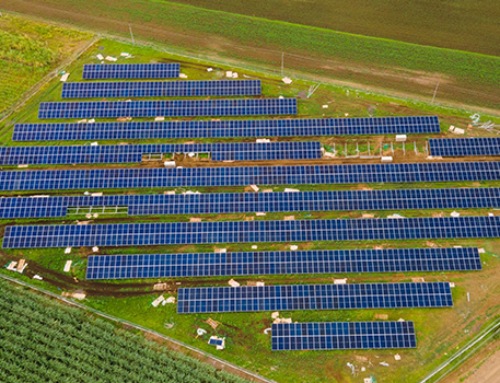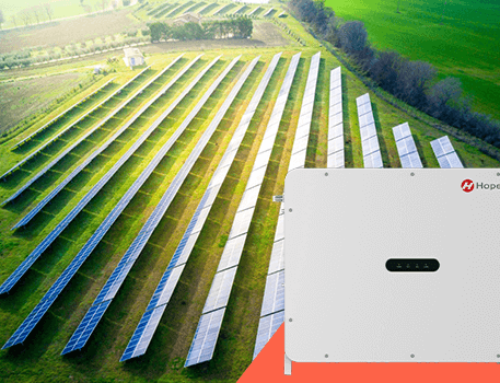
Solar Battery Analysis & Features
In the previous blog, we learned about all the information related to the solar charge controller.
In this article, we will talk about batteries. & will learn what is the difference between a normal battery & a solar battery.
Solar Battery
These batteries use to store solar power. These use in off-grid and hybrid solar solutions. Some batteries developed using wet cell technology & some developed using Gel technology.
Every battery has a different temperature coefficient and ventilation. In the Indian market, there are mainly 2 types of solar batteries available.
- Lead Acid Batteries
- Lithium-Ion Batteries
Lead Acid Batteries
Lead-Acid Batteries is the old battery. Their efficiency is less in comparison to Lithium-ion batteries. Lithium-ion batteries have an efficiency of up to 90% & at the same place, lead-acid batteries have an efficiency of just up to 60%. The Lead-Acid Battery’s lifecycle is 300 charging with 50% DOD.
Lithium-Ion Batteries
Lithium-ion Batteries are new ones with better efficiency and DOD. Lithium-ion batteries have 1000-1200 chargings with 92% DOD.
These batteries have far better efficiency than the Lead-Acid battery. It is reflected in their price as well. Lithium-ion batteries are very costly.
Now coming to the main difference between solar batteries and normal batteries.
- The charging time difference between solar batteries & normal batteries is almost 50%. Solar Battery charged faster.
- Normal batteries have a warranty of 3-5 years & solar batteries have a warranty of 5-8 years.
- Solar Batteries have a higher working-lifecycle can normal batteries.
- There is a big difference in the cost of solar batteries & normal batteries. Solar Batteries are very costly.
If you liked this information or want to make any kind of suggestion, comment in the comment box and join Ornate Solar.
Ornate Solar is the official partner of Canadian Solar panels, Renewsys Made in India Panels,Enphase Micro-Inverters,SolarEdge Solar inverters with Optimisers,Fronius OnGrid Solar Inverters.






Leave A Comment